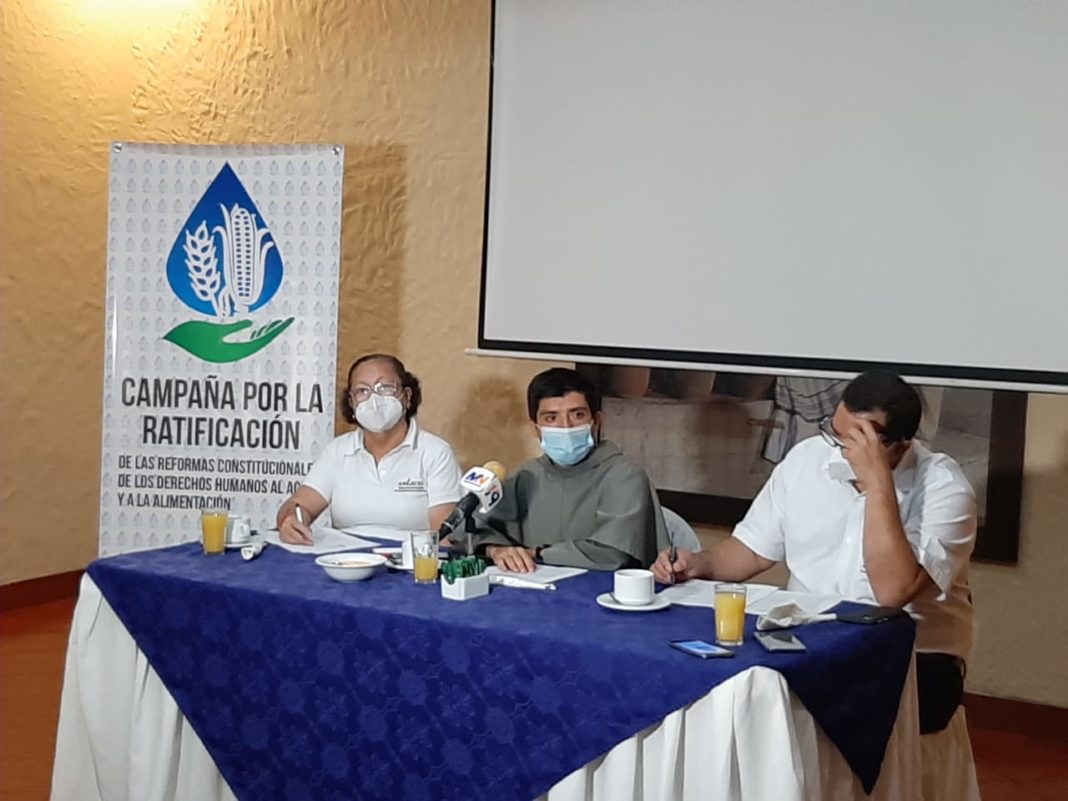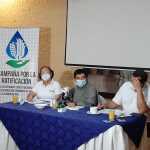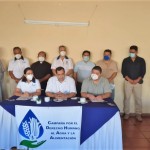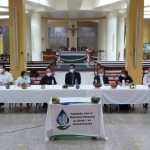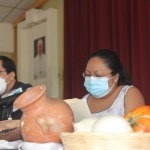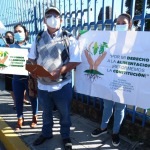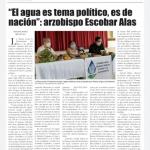In recent years the citizens of El Salvador have been working collectively to secure some basic human rights.
These rights are not peripheral matters; they are national issues which have been postponed and need to be addressed today, more than ever. Securing the human right to water and health services, as well as adequate food, is the goal and hope of this citizen movement. The movement is supported by various organizations and seeks constitutional reform as a way of guaranteeing these rights to the Salvadoran people.
As Conventual Franciscans serving in this country, we are actively participating in this campaign. Our charism urges us to respond to the signs of the times, to see reality from the perspective of the Gospel, to continue to dream and to help build the common good. The search for justice, peace and the integrity of creation shapes our identity, validates our words and connects us to the heart of God incarnate embraced by St. Francis of Assisi.
This campaign for constitutional reform involves the plural participation of many organizations: peasant and academic associations, non-profit organizations, the Catholic Church of El Salvador, and various environmental and consumer networks. In the midst of all this, we Conventual Franciscans are contributing by bringing our evangelical vision of the world and our charismatic values to bear on these efforts. The road is not easy and the actions taken have been varied. There have been many meetings, sessions with lawmakers from different parties, statements issued, press conferences and much use of social media. The political situation is not the most favorable, but this effort continues and has been ongoing for thirteen years.
The participation of Church organizations in the country’s social movements has a long tradition. Saint Óscar Arnulfo ROMERO Y GALDÁMEZ taught us to be concerned about everything that threatens the most vulnerable, that breaks communion and that covers-up injustice. The presence of the friars in these movements is appreciated and admired. For the confreres, it is an evangelical school that teaches us how to follow Christ.
Behind these rights, and many others that have been historically denied, we find the faces of real people: women who must walk long distances to get water, children with health problems, young people who find no hope and are forced to migrate, and whole families who live on the edge. These are structural problems that need a solution capable of addressing the causes. A law by itself cannot solve the problem, but it can become a mechanism for activating the processes of citizen participation and it provides a legal framework that fosters the shared building of democracy. Our Christian identity is a way of hearing the cry of those whose lamentations rise to heaven.
Friar Erick G. MARÍN CARBALLO






